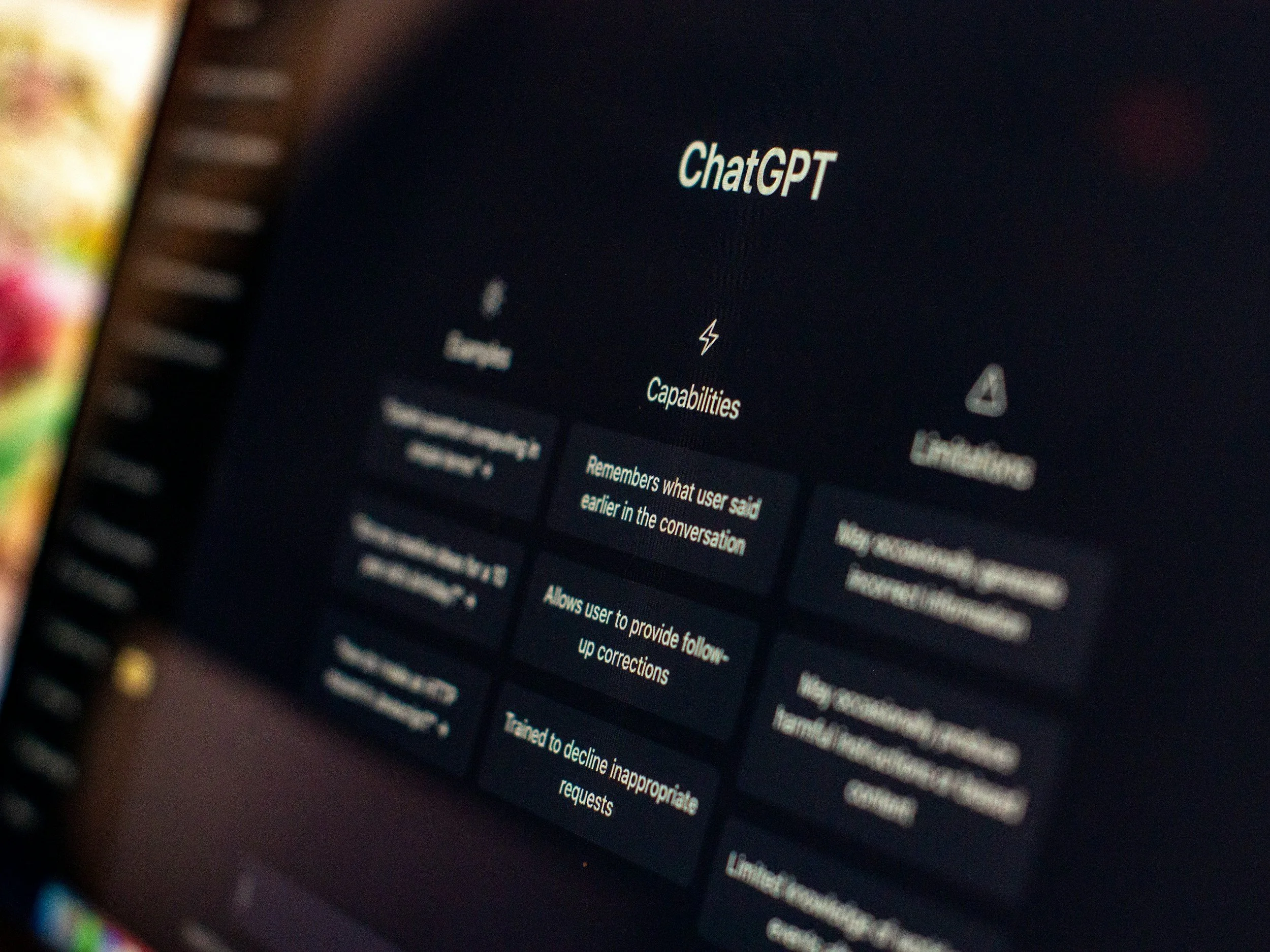How Has AI Changed Marketing Forever?
Filed Under: In the News | Read Duration: 9–10 min
Abstract:
Artificial Intelligence (AI) is no longer a futuristic concept—it’s actively transforming how businesses approach marketing. From personalizing campaigns at scale to optimizing the customer journey and powering customer service, AI is driving measurable improvements in engagement, efficiency, and ROI. This article explores five key ways AI is impacting marketing today, supported by real-world examples, and shows how small businesses can harness AI strategically without getting lost in the hype.
Quick Takeaways:
✅ AI enables hyper-personalized marketing that scales.
✅ Predictive analytics improve forecasting and decision-making.
✅ Optimizing the customer journey with AI reduces friction and increases conversions.
✅ AI-powered customer service boosts efficiency, customer satisfaction, and revenue.
✅ Improved ad targeting and smart bidding deliver measurable ROI.
Introduction – Why AI Is No Longer Optional
Marketing used to rely heavily on intuition, guesswork, and broad assumptions about audiences. Today, AI provides tools to analyze massive datasets, predict behaviors, and automate repetitive tasks—turning guesswork into evidence-based decisions.
Research shows that 80% of marketers who use AI report improved customer engagement (Salesforce, 2024). But it’s not just big tech: small and mid-sized businesses are also leveraging AI tools to optimize campaigns, personalize experiences, and save time.
In this article, we break down the top five ways AI is reshaping marketing and how you can apply these approaches in your own business.
1. Ai allows for Personalized Marketing at Scale
Why it matters:
Tailoring messaging to each customer’s preferences, behavior, and demographics dramatically increases engagement, conversions, and loyalty. AI allows marketers to personalize without manually creating hundreds of variations.
Real-world examples:
Netflix: Recommendation engine drives 80% of content watched.
Coca-Cola Europe: Custom bottle campaigns targeted regionally using AI insights.
Amazon: Personalized recommendations account for ~35% of total revenue.
Implementation ideas for small businesses:
Use AI-driven email or ad platforms to segment audiences based on behavior.
Automate product or content recommendations on your website.
Test personalized offers for different audience segments.
2. Unlocking the power of Predictive Analytics & Forecasting
Why it matters:
AI can identify patterns in historical data and predict future outcomes—helping businesses allocate budgets efficiently and anticipate trends.
Real-world examples:
Sephora: Forecasts demand to ensure popular products are stocked in high-demand stores.
Spotify: Curates personalized playlists like “Discover Weekly,” boosting engagement.
Starbucks: Suggests products in-app based on previous purchases, increasing average order value.
Implementation ideas:
Use predictive analytics tools to forecast sales or campaign results.
Prioritize campaigns that historical data shows will have the highest impact.
Test AI-driven dynamic pricing or promotion strategies.
3. Understanding your Customer’s Journey on a whole new level
Why it matters:
AI identifies friction points in the buying journey and helps guide prospects toward conversion. By analyzing behavior, AI allows marketers to create smoother, more intuitive experiences.
Real-world examples:
Marriott: Reduces booking drop-offs by optimizing digital touchpoints.
Airbnb: Recommends properties based on prior preferences, improving booking rates.
Nike: AI helped identify checkout bottlenecks, reducing abandoned carts.
Implementation ideas:
Map your customer journey and look for AI tools that highlight friction points.
Use chatbots or recommendation engines to guide users toward conversion.
Continuously test changes suggested by AI insights.
4. better serving your clients with AI-Powered Customer Service
Why it matters:
AI can handle routine customer inquiries, freeing human staff to focus on complex issues while providing fast, accurate responses that improve satisfaction and retention.
Real-world examples:
Amtrak “Julie” Chatbot: Handles 5M+ queries annually, saving $1M per year.
Sephora Virtual Assistant: Increased in-store bookings by 11%.
Bank of America “Erica” AI: Serves 25M customers with financial guidance and transactions.
Domino’s “Dom” bot: Simplifies digital ordering and drives mobile sales.
Implementation ideas:
Implement AI chatbots for frequently asked questions or simple transactions.
Use AI to triage customer service tickets and prioritize high-value queries.
Track performance metrics (response time, satisfaction) to optimize AI behavior.
5. Growing your business by Improving Ad Targeting & Performance
Why it matters:
AI-powered platforms optimize ad delivery and bidding in real-time, ensuring budgets are spent efficiently and targeting is precise.
Real-world examples:
Meta Ads: AI optimizes bidding and audience targeting for higher ROI.
Google Smart Bidding: Adjusts bids in real-time to maximize conversions.
Cadbury India: AI-powered targeting for personalized celebrity-led campaigns generated millions of ad variations tailored to neighborhoods.
Implementation ideas:
Use AI-driven bidding and targeting in Google, Meta, or LinkedIn Ads.
Segment campaigns based on intent, demographics, and past behaviors.
Continuously test creatives and messaging informed by AI performance insights.
Conclusion
AI is transforming marketing from guesswork into a data-driven, testable, and scalable process. From personalization to predictive analytics, customer journey optimization, AI-powered customer service, and smarter ad targeting, the opportunities are immense.
The key takeaway: AI amplifies your marketing capabilities—but success comes from structured testing, ongoing measurement, and human oversight.
Sources & Further Reading
Salesforce. State of Marketing 2024: AI and Customer Engagement
NiemanLab. Washington Post’s AI “Heliograf” system
TechNode. Alibaba AI Copywriter
Harvard Business Review. How to Design AI Marketing Strategy
Ready to bring your idea to life?
At The Idea Lab, we help small businesses design smarter experiments, run the tests, and analyze the results.
Book a Power Hour and let’s design your first marketing experiment—so you stop guessing and start measuring.




